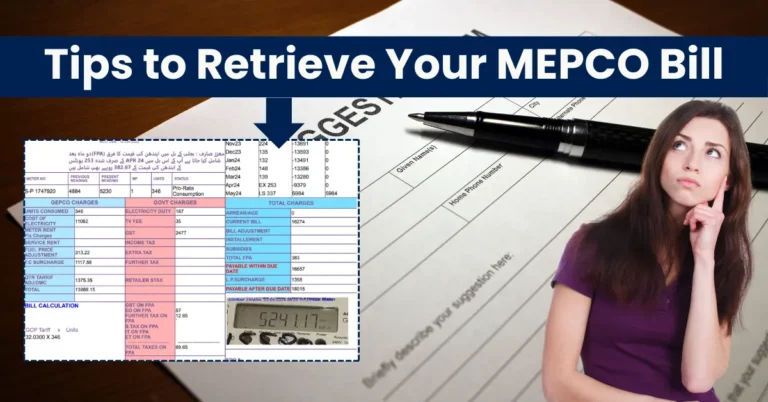In other words legal advisors are in-house lawyers, as compared to attorneys and advocates, who provide their services to the public as a whole rather than to an employer.
Most legal advisors are former attorneys or advocates who want to go into a corporate environment. Therefore, the requirements and training for legal advisors are the same as for advocates and attorneys.
Apart from general characteristics like ambition, dedication and a disciplined approach, a legal advisor also needs to possess special characteristics and skills including:
- Honesty, decisiveness and integrity
- Being objective in a matter
- Being able to distinguish facts from irrelevant detail
- Confidence
- The ability to solve problems
- Exceptional communication skills
- Discretion, diplomacy and tact
- Working well under pressure
- As a law student, being prepared and knowing your career path are two simple steps to landing your ideal legal job.
- Our legal recruitment specialists at Robert Walters discuss the next steps to help you become and successfully be admitted as an attorney in South Africa.
- You have two options: BCom Law Degree plus an LLB Law Degree or just an LLB Law Degree
- You will need to enrol and complete an LLB Law Degree which is a four year degree, and this is the minimum requirement. You also have the option of completing the BCom Law Degree before the LLB Law Degree – however, this is not compulsory.
- The Qualification of Legal Practitioners Amendment Act of 1997 confirms that an LLB Law Degree is required to practice law in South Africa. The degree is required to be achieved from an accredited South African law school in South Africa which could be one of the leading Universities in South Africa and/or a college.
- The LLB Law Degree should be completed in four years, however should you attend to the BCom Law Degree in addition it can take up to five years. If you graduate with a law degree outside of South Africa, you will have to contact the NFA to verify whether your degree is equivalent to an LLB in South Africa.
- Vacation work
- In your second last year or as early as at the end of your second year of studies of university you will need to apply directly to law firms for work experience during the July or December holidays. Most of the well-known law firms in South Africa offer work experience for a two to three week period.
- This will look good on your CV and is a great opportunity to see how law firms work on a daily basis, find out more about the area you would like to work in and to make new contacts. Speak to a Robert Walters legal recruitment specialist for more information on law firms that offer work experience vocational programmes.
- Articles of clerkship
- You will need to work at a law firm and serve as a candidate attorney under the guidance of a practicing attorney to become an attorney yourself. According to the Attorneys Act, a candidate attorney will successfully complete his Articles of Clerkship after a period of two year as well as attending part-time law school.
- An alternative option is that a candidate attorney can shorten this period to one year by attending full-time law school.
- Update your CV
- You will need an updated CV to apply for work experience and articles. Robert Walters can offer advice on how to make your CV stand out as a strong CV is vital to success. Below are some quick tips:
- Make your CV specific. Your CV is essentially a marketing tool to help you get your foot in the door so you need to ‘sell’ yourself. Be specific and give examples.
- Highlight what makes you stand out. Getting a legal job is very competitive even at this stage and you’ll be competing against other candidates with similar backgrounds. Concentrate on what makes you stand out.
- Be succinct and to-the-point. You don’t have much time to impress with your CV – employers tend to scan rather than read them. The best CVs are typically made up purely of education and work experience.
- Avoid typos, spelling mistakes and grammatical errors. If English is not your first language then get someone to check it for you.
- Improve your interview skills
- Interviews need not be as nerve-wracking as they are made out to be and interview skills can be taught. A few simple guidelines can take you a long way. For tips on how to prepare for a job interview, download the Robert Walters Interview Guide.
- Register your contract
- Make sure your contract gets registered with the relevant law society of the province you work in within 2 months of starting your articles and ensure that the contract is backdated to the commencement date of your articles so as to not lose out on the two months worked.
- Otherwise you won’t be registered as a candidate attorney and your time spent working will not be accepted by the court when you apply to be admitted as an attorney.
- Practical Legal Training (PLT) – Law school
- PLT is a compulsory course in practical legal training that teaches you legal skills and prepares you for your board exams. You will need to complete you PLT before you can be admitted as an attorney.
- Board exams
- After you PLT course you will take your board exams which can be written every February and July/August. In total there are four board exams (Estates, Bookkeeping, Ethics and Court Procedures) that you’ll need to take but you can choose which ones you want to write and when you want to write them.
- Becoming an admitted attorney
- So you’ve completed your PLT and passed your board exams…what next? You are entitled to apply to court to get admitted as an attorney by way of application. You will need to prepare your application to be admitted and your principal will be required to sign your confirmatory affidavit.
- Robert Walters advises you to be in regular contact with your law society as the amendments and requirements change as well as certain Court procedures. Make sure that you get sorted with this as soon as possible to get all your documents in order to avoid last minute run arounds.






